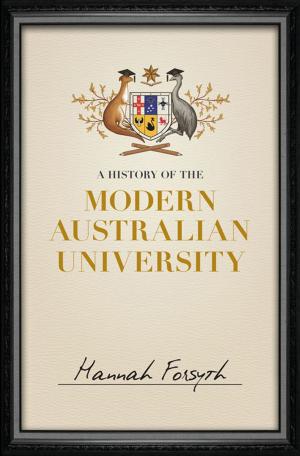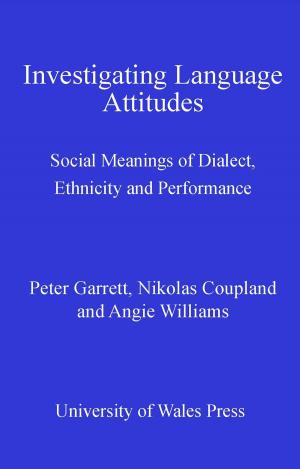Paulo Emílio Salles Gomes
On Brazil and Global Cinema
Nonfiction, History, Americas, South America, Art & Architecture, General Art, Art Technique, Entertainment, Performing Arts| Author: | ISBN: | 9781786833259 | |
| Publisher: | University of Wales Press | Publication: | October 15, 2018 |
| Imprint: | University of Wales Press | Language: | English |
| Author: | |
| ISBN: | 9781786833259 |
| Publisher: | University of Wales Press |
| Publication: | October 15, 2018 |
| Imprint: | University of Wales Press |
| Language: | English |
Paulo Emílio Salles Gomes (1916–77) is revered in Brazil as the first ardent defender, promoter and theorist of Brazilian cinema. A film professor, critic and historian, his dedication to cinema shaped a generation of influential film critics in his home country, and set the foundations for the serious study of film in Brazil. For the first time in English, this book brings together a selection of his essays for an English-speaking audience, with detailed explanatory introductions to each section for readers unfamiliar with the context of the writings of Salles Gomes.
By blending together ruminations on global and national cinema, as well as avant-garde film and popular movies, the collection shows how the defence and promotion of a national cinema has been forged through dialogues with international trends, informed by commercial influences, and shaped by global and national political contexts. The book thus introduces readers to the international dimensions of Salles Gomes’s engagements with film, and in doing so reassesses the locatedness of his formulations on national cinema and signals their international dimensions.
Paulo Emílio Salles Gomes (1916–77) is revered in Brazil as the first ardent defender, promoter and theorist of Brazilian cinema. A film professor, critic and historian, his dedication to cinema shaped a generation of influential film critics in his home country, and set the foundations for the serious study of film in Brazil. For the first time in English, this book brings together a selection of his essays for an English-speaking audience, with detailed explanatory introductions to each section for readers unfamiliar with the context of the writings of Salles Gomes.
By blending together ruminations on global and national cinema, as well as avant-garde film and popular movies, the collection shows how the defence and promotion of a national cinema has been forged through dialogues with international trends, informed by commercial influences, and shaped by global and national political contexts. The book thus introduces readers to the international dimensions of Salles Gomes’s engagements with film, and in doing so reassesses the locatedness of his formulations on national cinema and signals their international dimensions.















